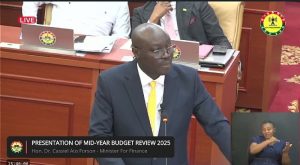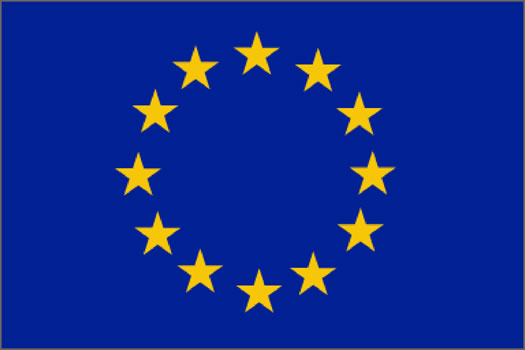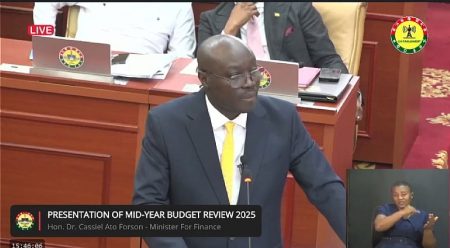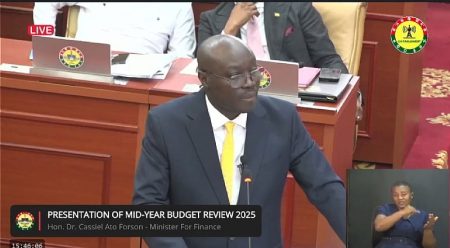The European Union’s ambitious ReFuelEU initiative, designed to accelerate the adoption of sustainable aviation fuel (SAF) and decarbonize the aviation sector, faces a significant risk of unintended consequences, according to a recent Deloitte study commissioned by Airlines for Europe. While the mandate sets progressively increasing targets for SAF blending into conventional jet fuel, the study warns that the added costs associated with SAF could inadvertently weaken the competitiveness of European airlines, shift passenger traffic away from EU hubs, and ultimately hinder the overall progress towards climate neutrality. This phenomenon, termed “carbon and business leakage,” arises when environmentally driven regulations in one region push economic activity, and its associated emissions, to regions with less stringent rules.
The core concern revolves around the cost differential created by the ReFuelEU mandate. As airlines operating within the EU are compelled to incorporate increasingly expensive SAF into their fuel mix, their operational costs will rise. This places them at a disadvantage compared to non-EU carriers operating on routes originating outside the bloc, who are not subject to the same SAF requirements. Deloitte estimates that this cost disparity could reach up to 15% on key EU-Asia routes by 2030, potentially driving passengers to choose non-EU airlines or opt for connecting flights through non-EU hubs like Istanbul or Dubai, thereby bypassing the SAF costs imposed on direct flights from EU airports. This shift in passenger flow would not only harm the European aviation sector but also undermine the effectiveness of the ReFuelEU policy by simply relocating emissions rather than reducing them globally.
The study further outlines several leakage scenarios under the current policy framework. Passengers originating within the EU might choose to fly from non-EU hubs to avoid SAF costs added to flights departing from EU airports. Similarly, travelers may opt for indirect routes bypassing EU airspace, capitalizing on the fact that ReFuelEU only applies to the first leg of a journey originating within the EU. Moreover, the EU Emissions Trading System (ETS), which adds a further cost component to flights within the EU, could incentivize EU travelers to choose holiday destinations outside the bloc and deter non-EU residents from visiting EU destinations, effectively exporting both revenue and emissions. This complex interplay of factors underscores the potential for unintended consequences arising from well-intentioned environmental policies.
While the EU has implemented a Carbon Border Adjustment Mechanism (CBAM) for sectors like steel and cement to address carbon leakage from imports originating in countries with weaker climate regulations, extending CBAM to aviation presents significant legal and practical challenges. The impending 2026 review of the International Civil Aviation Organization’s (ICAO) Carbon Offsetting and Reduction Scheme for International Aviation (CORSIA) adds further complexity. This review will assess CORSIA’s alignment with the Paris Agreement targets, potentially creating conflict or overlap with any EU-specific aviation CBAM. The Deloitte report argues against applying CBAM to aviation, citing these difficulties and advocating instead for a more tailored solution to address emissions from international air travel.
As a more effective alternative to CBAM for aviation, Deloitte proposes a “SAF Book and Claim Accounting Mechanism” (SAF-BAM). This system would allow airlines operating flights outside the scope of ReFuelEU to purchase SAF certificates, effectively contributing to the overall uptake of SAF without directly blending it into their fuel. This approach aims to level the playing field by acknowledging and incentivizing SAF usage globally, regardless of where the fuel is physically used. The revenue generated from the sale of these certificates could then be reinvested in the aviation sector, supporting further green transition projects and accelerating the development and deployment of SAF.
The proposed SAF-BAM system, according to the Deloitte report, should be established through EU legislation and enforced by national authorities. It would require integrating passenger data with flight operations data to accurately calculate SAF usage per passenger and per flight segment, ensuring transparency and accountability. This data-driven approach would enable a more nuanced understanding of SAF contributions and facilitate the targeted allocation of resources for future decarbonization efforts. By incentivizing global SAF uptake and providing a mechanism for airlines outside the EU to participate in the transition, SAF-BAM aims to mitigate the risk of carbon and business leakage while fostering a more equitable and effective approach to reducing aviation emissions worldwide.













